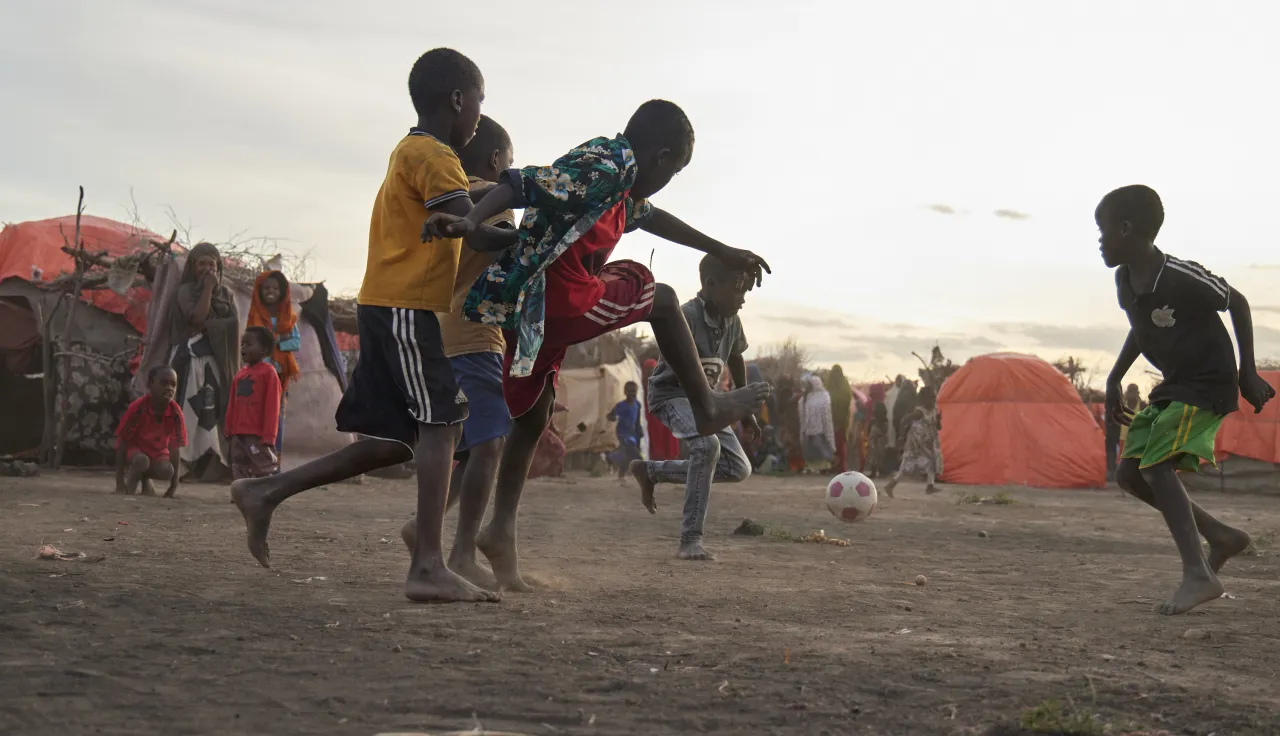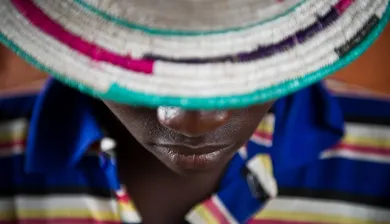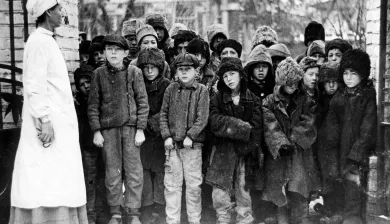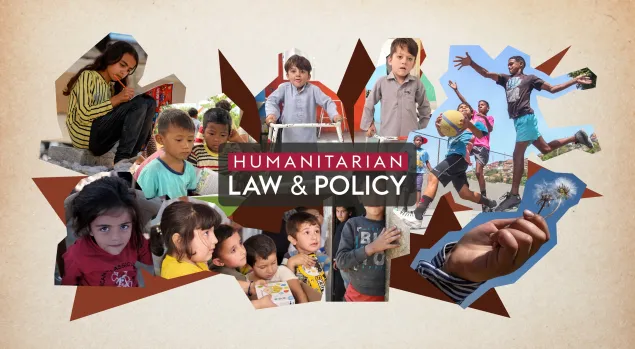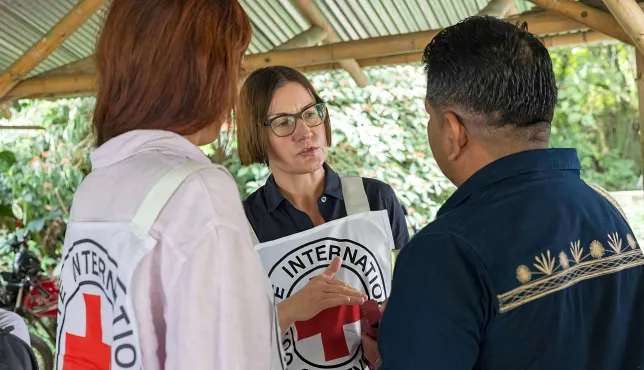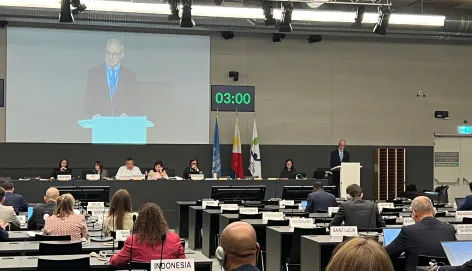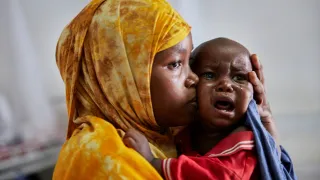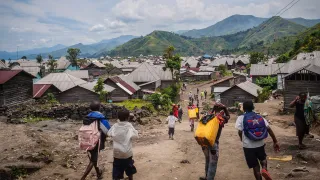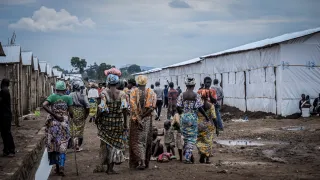Children under international humanitarian law
Children are especially vulnerable in armed conflicts. Despite the protection provided by law, they continue to be recruited by armed forces and armed groups. They are often separated from their families, driven from their homes, killed, maimed, sexually abused or exploited in other ways.
Armed conflict and other situations of violence impose immense suffering on children and they may be particularly vulnerable to physical and psychological violence, including sexual violence. Despite the protection afforded to them by international law, children continue to face many risks.
Children can become separated from, and lose contact with, their families or caregivers, in situations of armed conflict and other situations of violence and are more likely to be at risk of abuse, exploitation, violence and, in some countries, recruitment by armed forces groups.
All too often, children are drawn into the hostilities. Both boys and girls are recruited as fighters by armed forces or armed groups, but they can also be recruited for other roles, such as to carry supplies, gather intelligence, cook, act as messengers, or for sexual purposes, which also puts them in great danger.
Children who are associated with armed forces or armed groups are at heightened risk of being detained, wounded, injured or killed. They also may face difficulties when they return home, due to trauma and stigmatization, and face barriers to reintegration into their families and communities. Boys and girls experience armed conflict and violence in different ways, and it may be difficult for their families and communities to accept them upon their return.
Children often end up in detention, for instance because of their actual or perceived association with an armed group, or because they were unable to access appropriate forms of child justice such as alternatives to prosecution and detention.
Detained women or girls may give birth in detention or be accompanied by their own children. More generally, the lives of millions of children are significantly affected by detention, for instance if a parent, guardian or other close relative is detained, especially when that person is their main or sole caregiver.
Armed conflict and other situations of violence take their toll on education. Schools may be deliberately targeted or incidentally damaged, used for military purposes, taken over as shelters by internally displaced people, or used as places for unlawful recruitment. Children in detention are often denied schooling. The interruption of education has severe consequences for both the children’s future and the country’s capacity to recover, especially when crises are protracted.

